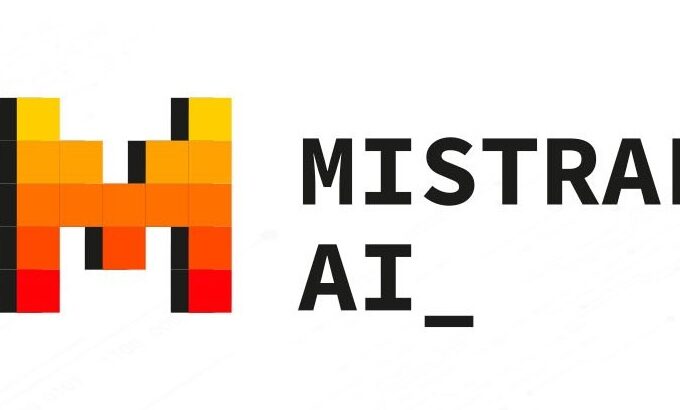
Central Banks Urged to Embrace AI Revolution, Says BIS Report
The Bank for International Settlements (BIS) has issued a call to action for central banks worldwide, urging them to “raise their game” in the face of rapid artificial intelligence (AI) advancements. In a comprehensive report released on Tuesday, the BIS emphasized the transformative impact AI is poised to have on global economies and financial systems, highlighting both opportunities and challenges for monetary authorities.
According to the report, AI is set to be a “game changer” across various economic activities, with profound implications for productivity, labor markets, and inflation dynamics. The BIS, often referred to as the central bank for central banks, stressed the urgency for monetary authorities to upgrade their capabilities both as informed observers of technological advancements and as users of AI technology themselves.
One key area where central banks could benefit from AI is in enhancing their analytical tools for economic forecasting and risk detection. The BIS highlighted the potential for AI to improve “nowcasting” systems, allowing central banks to analyze vast amounts of real-time data to better predict inflation and other economic variables. This could significantly enhance their ability to detect emerging financial risks and steer monetary policy more effectively.
However, the report also cautioned about potential risks associated with widespread AI adoption in the financial sector. These include new types of cyber attacks, the amplification of existing risks such as herding behavior in markets, and the potential for AI-driven models to exacerbate market volatility.
The BIS emphasized the need for central banks to collaborate and form a “community of practice” to share knowledge, data, best practices, and AI tools. This cooperation is seen as crucial for addressing the challenges posed by AI, particularly for smaller central banks with limited resources.
Hyun Song Shin, Head of Research and Economic Adviser at the BIS, commented on the report’s findings: “Vast amounts of data could provide us with faster and richer information to detect patterns and latent risks in the economy and financial system. All this could help central banks predict and steer the economy better.”
While encouraging the adoption of AI, the BIS stressed that human judgment remains crucial in central banking, particularly in setting interest rates. Cecilia Skingsley, a top official at the BIS, stated, “We like to hold humans accountable. So I can’t really see a future where an AI will be setting rates.”
The report concludes by underlining the importance of sound data governance practices and the need for central banks to rethink their roles as compilers, users, and providers of data in the AI era. As the financial sector continues to evolve with AI integration, central banks must stay ahead of the curve to effectively fulfill their mandates of maintaining price and financial stability in an increasingly tech-driven economic landscape.




